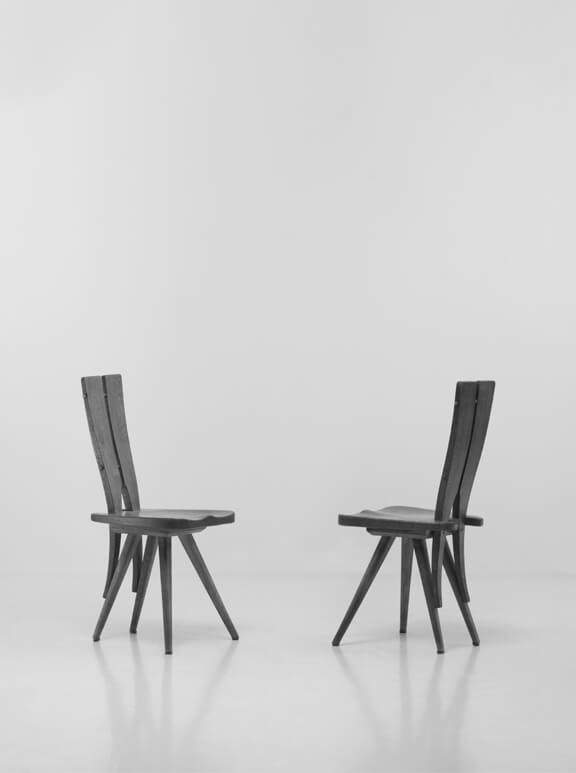- What’s On
- Artists
- Works
- Jewellery
- Explore All
- Categories
- Artists
- Michèle Lamy & Loree Rodkin
- Sylvain Rieu-Piquet
- Cindy Sherman
- Jacqueline Rabun
- Thibault Hazelzet
- Hermien Cassiers
- Rashid Johnson
- Paris Kain
- Robert Longo
- Walid Akkad
- Alessandro Palwer
- Aki+Arnaud Cooren
- Kayo Saito
- Sylvie Auvray
- Caroline Van Hoek
- Ane Christensen
- Alice Cicolini
- Explore All Jewellery Artists
- Shop
- Explore All
- Categories
- Artists
- Ingrid Donat
- Drift
- Maarten Baas
- Frederik Molenschot
- Random International
- Karl Lagerfield
- Aldo Bakker
- Harry Nuriev
- DAVID/NICOLAS
- Niko Koronis
- Ane Christensen
- Rick Owens
- Eric Schmitt
- Charles Trevelyan
- Thomas Nathan
- Lionel Scoccimaro
- Robert Stadler
- Kendell Geers
- Wendell Castle
- Vincenzo de Cotiis
- Studio Job
- Mathieu Lehanneur
- Atelier van Lieshout
- Campana Brothers
- DNA
- Locations
ARTISTS






